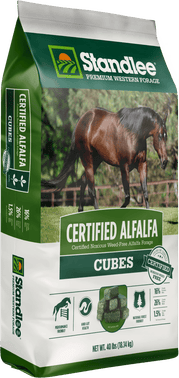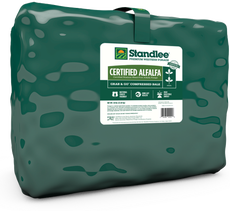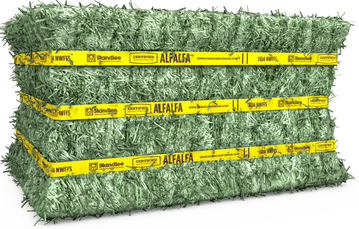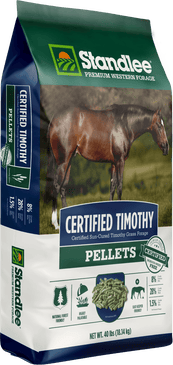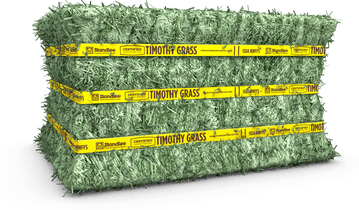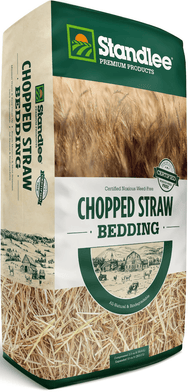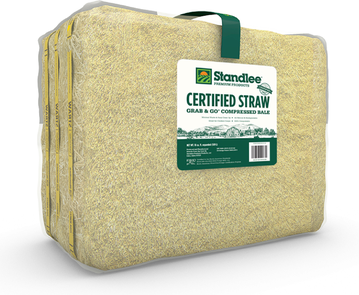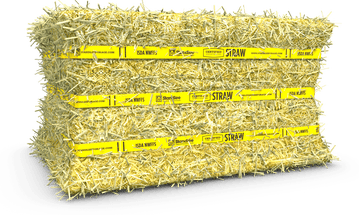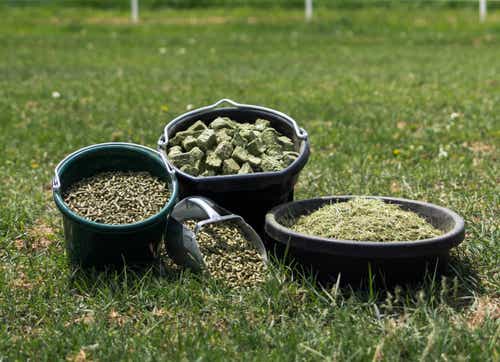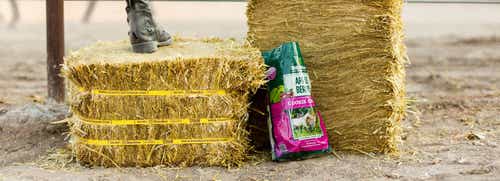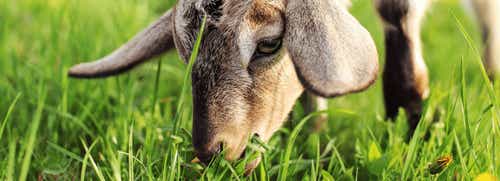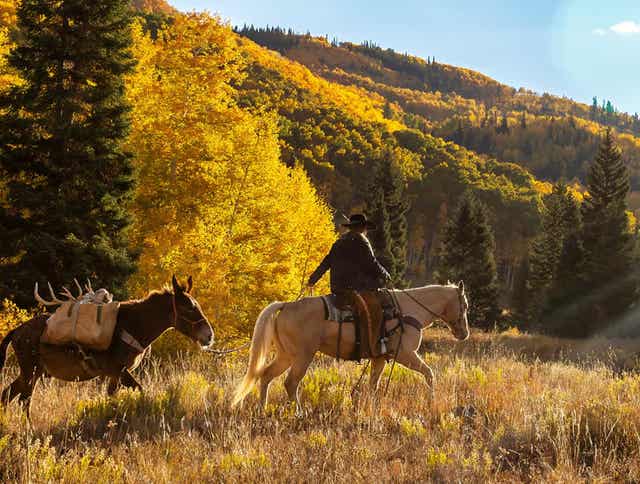
Certified Noxious Weed-Free Forage: Why It Matters for Your Horse and the Land
When you head out for a trail ride, backcountry hunt, or public land adventure, what you feed your horse does more than provide nutrition - it protects the environment. That’s why certified noxious weed-free forage isn’t just a recommendation in many areas; it’s often a requirement.
At Standlee, we believe in responsible stewardship of both animals and land. In this guide, we’ll explain what certified weed-free forage is, why it’s so important, and when to use it—so you can ride confidently knowing you’re doing your part.
What Is Certified Noxious Weed-Free Forage?
Certified weed-free forage is hay, cubes, or pellets grown, harvested, and inspected to ensure they are free from noxious weeds and seeds. This certification prevents the spread of invasive plants, especially in sensitive or high-use areas.
Standlee’s noxious weed-free products meet strict guidelines from the North American Invasive Species Management Association (NAISMA) and the Idaho State Department of Agriculture (ISDA). Fields are inspected within 10 days of harvest, and bales are tagged with yellow certification markers and identification numbers.
Why Certified Noxious Weed-Free Forage Matters
Noxious weeds can outcompete native plants, degrade wildlife habitats, reduce feed quality, and even harm animals if eaten. When horses consume weed seeds and later deposit manure on trails, those seeds can germinate and spread.
Feeding noxious weed-free forage helps to:
- Stop the spread of invasive weeds
- Protect native ecosystems and plant diversity
- Maintain access to public lands for recreation
- Support long-term grazing and land health
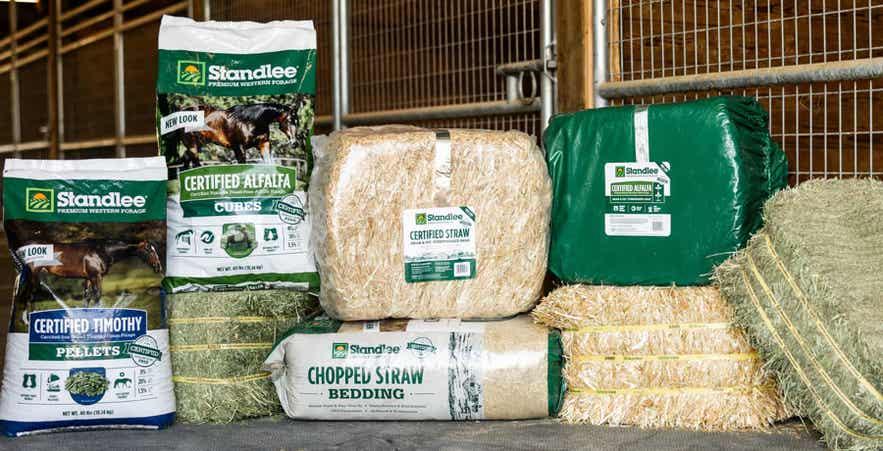
When Should You Feed Certified Weed-Free Forage?
Certified forage isn’t only for compliance - it’s a smart choice for many situations:
- Trail Riding & Horse Camping – Many state and federal agencies require weed-free hay or cubes on public lands. Standlee’s certified compressed bales and weed-free cubes are lightweight and meet regulations.
- Backcountry Packing & Hunting Trips – For wilderness trips, certified cubes or pellets are nutrient-dense and pack easily without compromising your horse’s diet.
- Ranching & Land Stewardship – Even on private land, using weed-free forage near waterways or open grazing areas helps protect ecosystems and avoid introducing invasive species.
How Standlee’s Certification Process Works
Every Standlee weed-free product goes through a detailed certification process:
- Field inspection by state authorities
- Harvest timing to meet NAISMA and ISDA standards
- Tagging and tracking for product verification
- Clean storage and transport to prevent contamination
This process ensures our forage is accepted by most land agencies across the U.S.
Choosing the Right Weed-Free Forage Format
- Cubes – Great for trail rides and pack trips. Lightweight, low dust, easy to soak.
- Pellets – Perfect for horses with dental challenges or limited space. Easy to mix and minimize waste.
- Compressed Bales – Best for horse trailers or overnight stabling. Portable and mimics natural feeding.
Tip: Always carry extra certified forage to avoid running out on the trail.
Ride Responsibly with Standlee
Feeding Standlee Certified Weed-Free forage is about more than meeting rules - it’s a commitment to your horse’s health and the land we all share. Whether you’re exploring national forests, camping with your horse, or managing your own acreage, trust Standlee to provide premium weed-free options.
FAQs About Certified Noxious Weed-Free Forage
Do I need certified weed-free hay for my trail ride?
Yes. Many public lands, including national forests and state parks, require weed-free forage to prevent the spread of invasive species. Always check local regulations before your trip.
What makes forage "weed-free"?
It must be grown and harvested under strict inspection guidelines and verified to be free of noxious weeds and seeds.
Can certified weed-free forage be fed at home?
Absolutely. It’s a great way to keep your pastures clean and prevent weed introduction, especially if your property borders waterways or conservation areas.
Are Standlee certified products accepted everywhere?
Standlee’s certified forage follows NAISMA and ISDA guidelines, which are widely accepted by most agencies across the U.S.
What formats are available?
We offer certified cubes, pellets, and compressed bales for flexibility and convenience.

